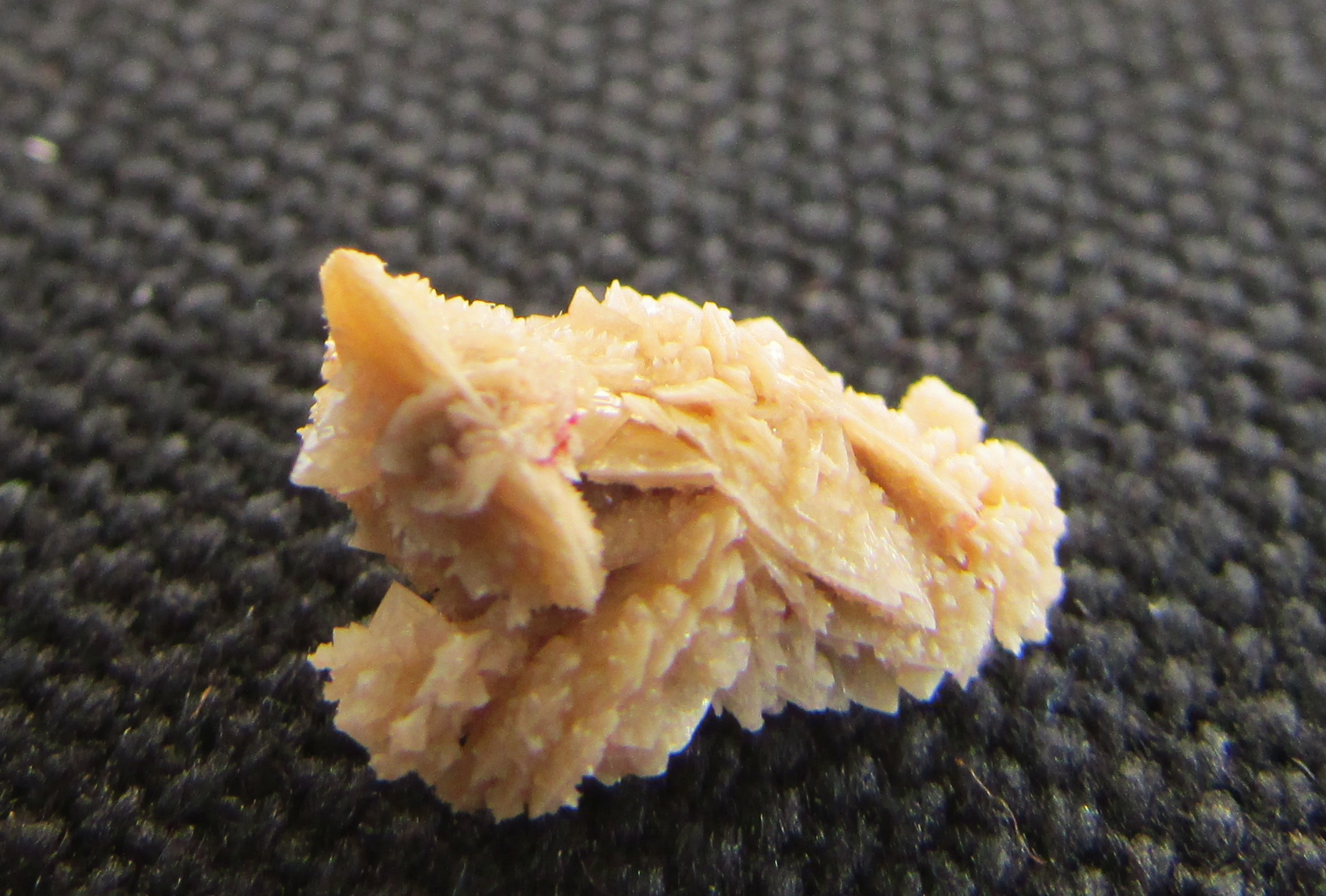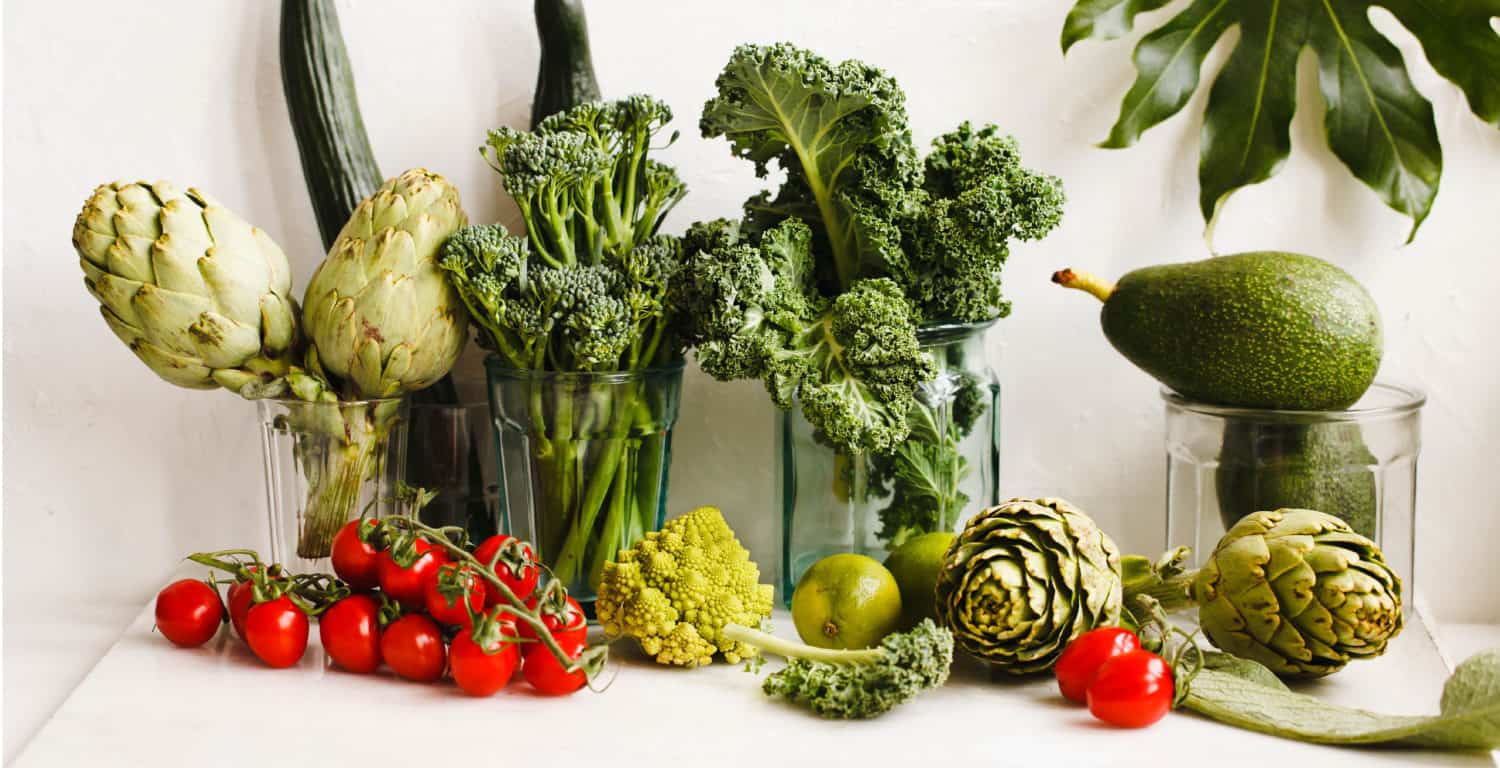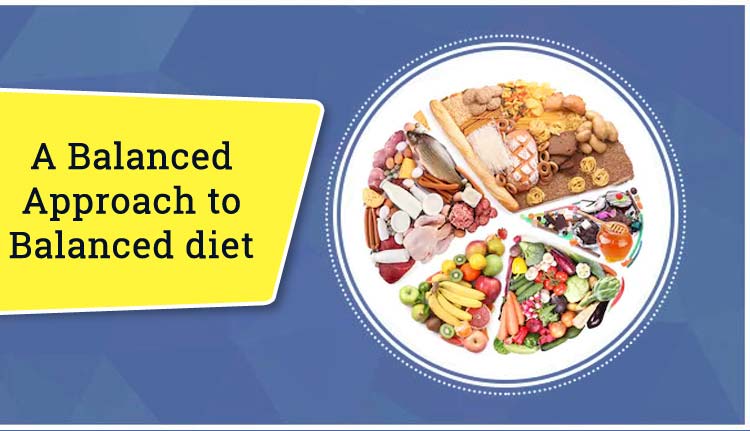Kidney stones pose a significant health concern for individuals with chronic kidney disease (CKD). One contributing factor to their formation is the presence of oxalate, a compound found in certain foods. However, by incorporating foods with low oxalate content into their diet, individuals with CKD can reduce the risk of kidney stone formation. In this article, we will explore five helpful pieces of information about the impact of foods with low oxalate content for preventing kidney stone formation in CKD. By understanding the significance of low oxalate foods and adopting a balanced approach to nutrition, individuals with CKD can take proactive steps towards maintaining kidney health and minimizing the risk of kidney stone development.
1, Oxalate and Kidney Stones.
Kidney stones can be formed due to the presence of oxalate, a naturally occurring substance found in certain foods. In individuals with Chronic Kidney Disease (CKD), the kidneys may have difficulty effectively filtering and excreting oxalate, leading to an increased risk of kidney stone formation.
When oxalate levels in the body are high and not properly excreted, it can combine with calcium to form crystals, which can then develop into kidney stones. Therefore, reducing the consumption of foods high in oxalate can be beneficial in managing and reducing the risk of kidney stone formation, particularly for individuals with CKD.
It's important to note that not all kidney stones are made up of oxalate, and there are other types of kidney stones as well. However, for individuals who are prone to developing oxalate stones or have been advised to follow a low-oxalate diet, it may be helpful to be aware of the oxalate content in foods.
Some examples of foods that are high in oxalate include spinach, rhubarb, beets, Swiss chard, peanuts, almonds, cocoa, tea, and certain types of berries. However, it's important to remember that a low-oxalate diet should be balanced and should not restrict other important nutrients without proper guidance from a healthcare professional or registered dietitian.
If you have concerns about kidney stones or managing your diet with CKD, it's recommended to consult with a healthcare professional or a registered dietitian who can provide personalized advice based on your specific condition and needs.
2, Low Oxalate Foods.
Including foods with low oxalate content in the diet can be beneficial for individuals with CKD, especially if they are prone to developing oxalate stones. The examples you provided, such as apples, pears, strawberries, blueberries, bell peppers, cauliflower, cabbage, broccoli, green beans, lettuce, and onions, are generally considered to be low in oxalate.
However, it's important to note that the oxalate content can vary within food types, and the amount of oxalate that affects an individual can also vary. Therefore, consulting with a healthcare professional or a registered dietitian is highly recommended for personalized dietary recommendations.
Additionally, it's important to maintain a balanced diet and consider other nutritional factors while managing a low-oxalate diet. For individuals with CKD, it's crucial to control other aspects of their diet, such as limiting sodium, phosphorus, and protein intake, as advised by their healthcare team.
A registered dietitian can help develop an individualized meal plan that takes into account the specific dietary needs, medical conditions, and personal preferences of the person with CKD. They can provide guidance on portion sizes, cooking methods, and the incorporation of other important nutrients to ensure a well-balanced and appropriate diet for overall kidney health.
3, Balanced Diet Approach.
maintaining a balanced and varied diet is crucial for overall health and well-being, including kidney health. While reducing oxalate intake can be beneficial for individuals with CKD or those prone to kidney stone formation, it's important to ensure that all other nutritional needs are met.
Here are some key principles to consider for a balanced diet approach:
Fruits and Vegetables: Include a variety of fruits and vegetables in your diet, as they provide essential vitamins, minerals, and antioxidants. As mentioned earlier, some low-oxalate options include apples, pears, strawberries, blueberries, bell peppers, cauliflower, cabbage, broccoli, green beans, lettuce, and onions. However, don't limit yourself to these options alone and explore other choices as well.
Whole Grains: Choose whole grains such as brown rice, whole wheat bread, quinoa, and oats, which provide fiber, vitamins, and minerals. Whole grains are generally recommended over refined grains for their higher nutritional content.
Lean Proteins: Include lean sources of protein such as skinless poultry, fish, beans, lentils, tofu, and low-fat dairy products. Protein is essential for muscle maintenance and repair.
Healthy Fats: Opt for sources of healthy fats, such as avocados, nuts, seeds, and olive oil. These provide essential fatty acids and can help with satiety.
Limited Processed Foods: Minimize the consumption of processed foods, as they often contain high levels of sodium, unhealthy fats, and added sugars. These can contribute to various health issues, including kidney problems.
Moderate Sodium Intake: Limit your sodium intake by avoiding or reducing processed and packaged foods, as excessive sodium can contribute to fluid retention and high blood pressure. Instead, season your food with herbs, spices, or lemon juice to add flavor.
Adequate Fluid Intake: Maintaining proper hydration is essential for kidney health. Drink enough water throughout the day to promote urine production and help flush out waste products from the body. The exact amount of fluid needed may vary depending on individual factors, so consult your healthcare professional for specific recommendations.
Remember, it's important to consult with a healthcare professional or a registered dietitian who can provide personalized advice based on your specific health condition, kidney function, and dietary needs. They can help you develop a tailored meal plan that addresses your individual requirements while promoting overall kidney health.
4, Moderation is Key.
moderation and portion control are key when it comes to managing high oxalate foods. While it may not be necessary to completely eliminate all high oxalate foods from your diet, it's important to be mindful of your portion sizes and overall oxalate intake.
For high oxalate foods like spinach, rhubarb, beets, nuts, and chocolate, you can consider the following strategies:
Portion Control: Instead of completely avoiding these high oxalate foods, you can enjoy them in smaller portion sizes. This helps in reducing the overall oxalate load while still allowing you to enjoy these foods.
Combination with Low Oxalate Foods: Another approach is to combine high oxalate foods with low oxalate foods in your meals. Pairing high oxalate foods with foods that are low in oxalate can help balance out the oxalate content of the meal.
Cooking Methods: Certain cooking methods, such as boiling or steaming, can help reduce the oxalate content in some foods. For example, boiling spinach can significantly reduce its oxalate content compared to eating it raw.
Calcium-Rich Foods: Consuming calcium-rich foods alongside high oxalate foods can help bind to oxalate in the gut, reducing its absorption. Foods like low-fat dairy products, calcium-fortified foods, and certain leafy greens can provide calcium while also being low in oxalate.
It's important to note that these strategies may vary depending on individual circumstances and recommendations from healthcare professionals or registered dietitians. They can provide personalized guidance on portion sizes, food combinations, and cooking methods to suit your specific needs and health conditions.
Remember, moderation and balance are key. By incorporating a variety of foods, practicing portion control, and being mindful of your overall oxalate intake, you can maintain a well-rounded diet while managing your risk of kidney stone formation.
5, Individual Variations.
It's crucial to recognize that every individual is unique, and their dietary needs and restrictions may vary based on their specific medical condition, stage of CKD, and other health factors. Consulting with a healthcare professional or a registered dietitian who specializes in kidney health is highly recommended to receive personalized advice and guidance.
These professionals can assess your specific situation, consider your medical history, lab results, and overall health goals, and provide tailored recommendations that meet your individual needs. They can take into account factors such as kidney function, electrolyte balance, protein requirements, and specific nutrient restrictions that may be applicable to you.
Working closely with a healthcare professional or registered dietitian will ensure that you receive accurate and comprehensive guidance for managing your diet, reducing the risk of kidney stone formation, and promoting overall kidney health. They can help you develop a customized meal plan, provide education on food choices, portion sizes, cooking methods, and address any concerns or questions you may have.
Remember that while general advice can be helpful, personalized guidance is essential for managing your specific dietary needs and optimizing your kidney health.
In conclusion, a diet that incorporates foods with low oxalate content can play a crucial role in preventing kidney stone formation in individuals with chronic kidney disease. By selecting low oxalate options and practicing moderation with high oxalate foods, individuals can effectively manage their oxalate intake. It is important to remember that maintaining a balanced and varied diet, in consultation with healthcare professionals or registered dietitians, is vital to meet nutritional needs and support overall kidney health. Each person's dietary requirements may vary, so seeking personalized advice is recommended. By making informed food choices and adopting a holistic approach to kidney health, individuals with CKD can reduce the risk of kidney stones and improve their overall well-being.




Comments
Post a Comment